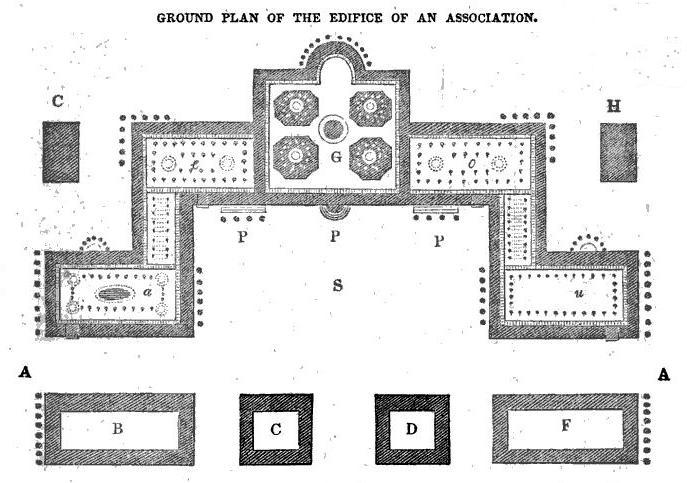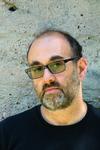HUMS 276, Non-Cynical Social Thought

Course Description
Living together is difficult. How do some people do it? How can we do it less badly, or much better, or in the very best way? In this seminar we read sources from several disciplines that describe positive modes of conviviance. Much social thought is cynical, starting from where we are not and mapping why we haven’t gotten there. Some social thought is revolutionary, looking for an exit, casting hopes toward the future. What both of these lack is contents. Without ignoring the massive difficulties involved, we try to fill this in with images of viable and livable groups, collectives, festivals, syndicates, congregations, planets.
Led By:
 |
Paul North writes and teaches on literature and other media, inental philosophy, literary and critical theory. He is most interested in the afterlives of Kantian critical thought, deconstruction, literary theory, and poetry and poetics in a variety of languages and traditions. Authors he works on include Plato and Aristotle, Neo-Platonic systems, Nicholas of Cusa, the French 17th century, D. Hume, I. Kant, F. Hölderlin, F. Schelling, the Jena Romantics, British Romanticism, F. Nietzsche, and several clusters from the 19th to mid 20thcentury such as the cluster around phenomenology—Brentano, Husserl, Heidegger, Benjamin, Kafka, Levinas, Merleau-Ponty, Derrida—or that around the concept of time—Bergson, Proust, Heidegger, Einstein—or that around “other modes of experience”—Baudelaire, Freud, Benjamin, Huxley, Borges, Juan Rulfo, César Aira—or that around German-Jewish thought—Mendelssohn, Maimon, Varnhagen, Schlegel, Rosenzweig, Buber, Scholem. Theoretical style is an area of interest as well, and Prof. North is happy to work with students in a variety of genres and styles, to expand the parameters of what we call critique. |